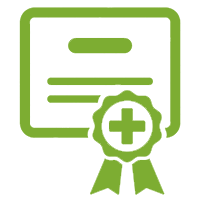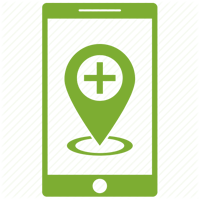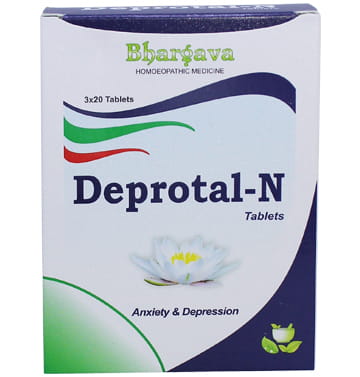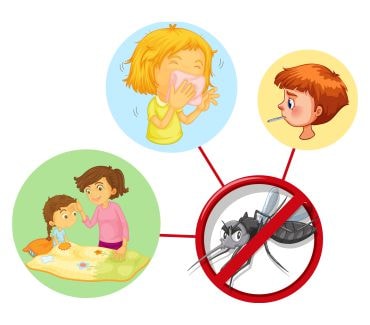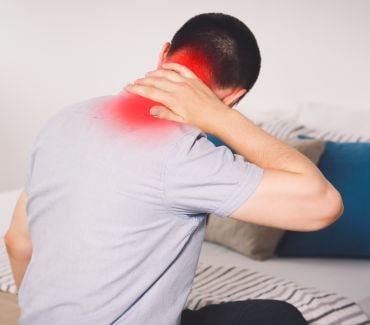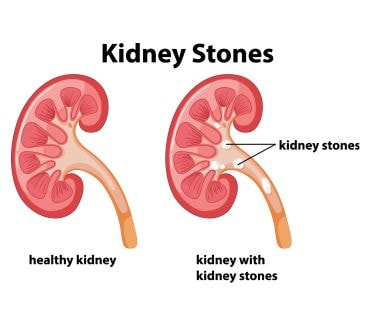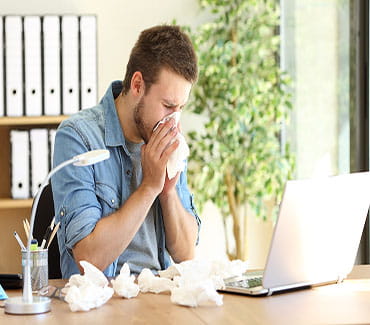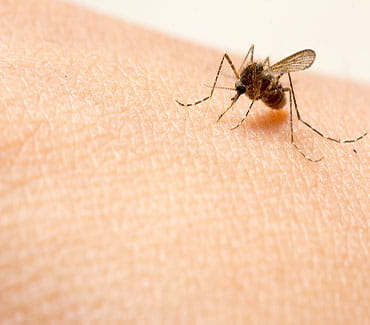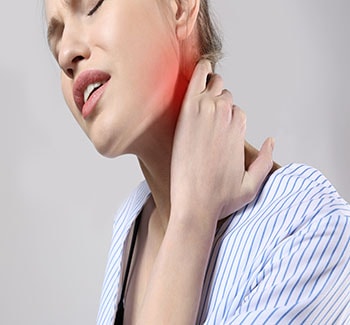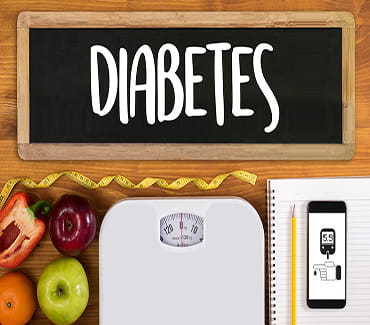What is Depression? An Overview:
A prolonged sense of melancholy and lack of interest are symptoms of depression, a mood illness. Clinical depression, also known as major depressive disorder, affects how you feel, think, and act and may cause several emotional and physical issues. You can find it challenging to carry out your daily tasks, and you might sometimes think life isn't worth living.
Depression is more than just a case of the blues; you can't immediately "snap out" of it. Long-term therapy may be necessary for depression. But resist giving up. With medicine, counselling, or both, the majority of depressed persons get improved symptoms. We'll learn more about homeopathic medicine for depression later on in this article.
Various Forms of Depression Include:
Major Depressive Disorder (MDD): Intense or overpowering symptoms of major depression (clinical depression) persist for more than two weeks. These symptoms make daily living difficult.
A Bipolar Depression: Bipolar illness patients experience manic and depressed mood swings on a regular basis. They could experience depressive symptoms, including sadness, hopelessness, or lack of energy at this time.
Depression During Pregnancy and Postpartum:
Perinatal" refers to the time immediately before delivery. This kind is sometimes referred to as a postpartum depression. Perinatal depression may happen at any time throughout pregnancy or even up to a year after giving birth. The "baby blues" are just one set of symptoms and only result in mild melancholy, anxiety, or stress.
Pdd Stands for Persistent Depressive Disorder:
Another name for it is dysthymia. PDD symptoms are milder than those of major depression. However, some individuals might have PDD symptoms for up to two years.
PMDD: Premenstrual Dysphoric Disorder
A severe type of premenstrual disorder is premenstrual dysphoric disorder (PMS). Women are impacted in the days or weeks before their menstruation.
Depression and Psychosis:
Psychotic depression is characterised by severe depression symptoms as well as hallucinations or delusions. Hallucinations entail seeing, hearing, or feeling touched by things that aren't there, while delusions are beliefs in things that aren't grounded in reality.
Sad: Seasonal Affective Disorder:
Seasonal depression, often known as SAD, typically begins in late autumn or early winter. In the spring and summer, it usually disappears.
There is homeopathic medicine for insomnia and depression, and depression homeopathic medicine is available but let us understand the symptoms first.
Symptoms of Depression:
Although you may only experience depression once in your lifetime, most individuals have many bouts. During these episodes, symptoms may include any of the following and may last for the majority of the day:
-
Sadness, tears, emptiness, or a sense of futility
-
Outbursts of anger, irritation, or frustration, even over trivial issues.
-
Loss of enjoyment or interest in most or all typical activities, such as hobbies, sports, or sex.
-
Sleep disorders, such as excessive or insufficient sleep.
-
Lack of energy and fatigue make even little chores more difficult.
-
Either a decrease in appetite and weight reduction or an increase in food cravings and weight gain.
-
Agitation, restlessness, or anxiety
-
Slowed speech, thinking, or action.
-
Feelings of shame or worthlessness, as well as a fixation on mistakes or self-blame.
-
Difficulty with memory, concentration, decision-making, and reasoning.
-
Suicidal ideas, regular attempts at suicide, or frequent thoughts of death.
-
Undiagnosed physical issues such as headaches or back discomfort.
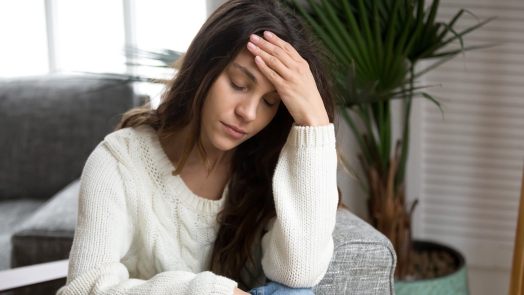
Many depressed individuals often have severe symptoms that interfere with daily activities, including job, school, social interactions, or interpersonal relationships. Some individuals may experience widespread misery or unhappiness without really understanding why.
Treatment and Depression Medicine in Homeopathy
Depression homeopathic medicine Deprotal-N Tablet by Bhargava
-
This medication aids in the treatment of depression.
-
Aids in overcoming paranoia and anxiety
-
Regulates mood changes and irritation
-
Overcomes agitation and stress
-
Boosts mental and physical activity
How to Beat Depression All by Yourself, Naturally?
Definitely, Doctor Bhargava homeopathy treatment for Depression is available, however, medicines only work when you let them. Afterall, you are not looking forward to a lifetime dependency on medicines. Here are some major lifestyle changes that you can do to beat depression.

Don't Linger on Issues.
Talking through a difficulty with a supportive buddy might feel nice. However, sadness may make individuals overly critical, accusatory, and problem-focused. It might help you remain aware of what is wrong.
It's OK to discuss your ideas and emotions with caring others. But avoid talking only about your concerns. Discuss positive things as well. Your mood may improve as a result of this.
Focus on The Positive:
The perception of the world is impacted by depression. The situation may seem bleak, gloomy, and hopeless. Set a goal to focus on three positive things each day to change your perspective. The more positive things you notice, the more positive things you will see.
Eat Nutritious Meals:
Some individuals who are depressed don't feel very hungry. Some people could overeat. But your energy and attitude may be impacted by what you consume. To avoid depression, you must eat well. That implies lots of fruits, veggies, and whole grains for most individuals. Eat fewer meals with simple carbohydrates and added sugar. Avoid fasting for an extended period. Eat a small, healthful meal even if you don't feel hungry.
Exercise:
Every day, go for a 15–30-minute brisk walk. Yoga, stretching, or dancing are some options. People who are sad may not feel particularly motivated to exercise. But force yourself to do action nevertheless. If you need encouragement, ask a buddy to assist you. Any action that you start increases your mood. Persist in it.
It Would Be Best If You Spoke Out:
Your sense of humor and creativity may appear restricted if you're depressed. However, engaging in activities that inspire creativity might be beneficial. Draw, sketch, or paint. Cook, bake or sew. Create music, dance, or write. Talk to a buddy or engage in animal play. Look for anything to chuckle at. Watch a humorous film. You can also consult with our experienced doctors.Do enjoyable stuff. Even slightly, that facilitates recovery from depression.
